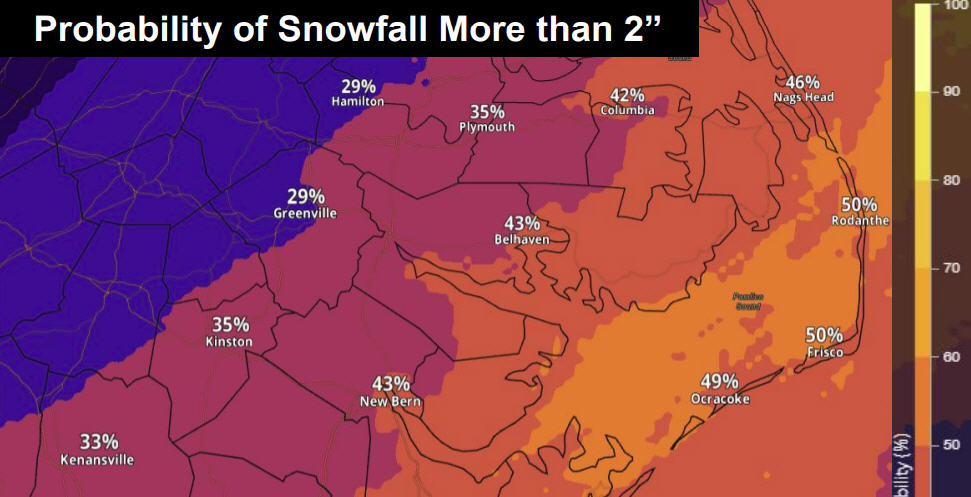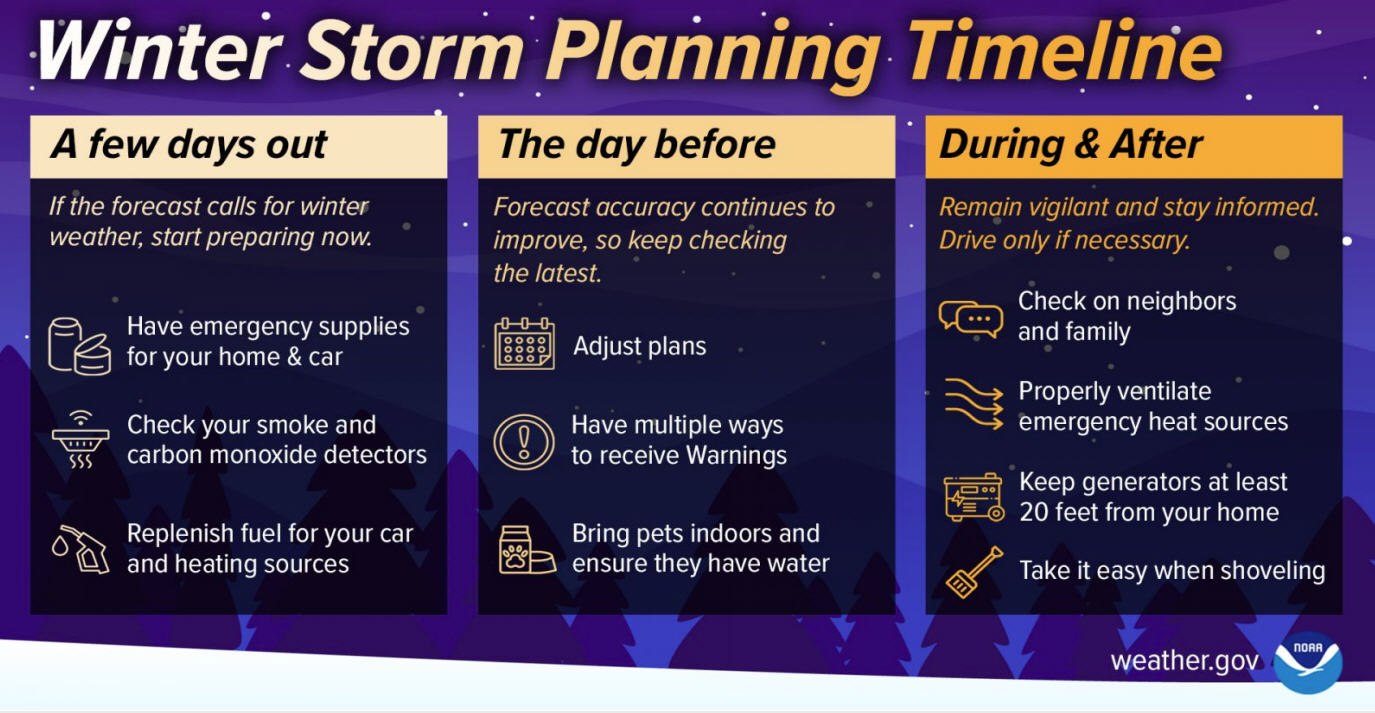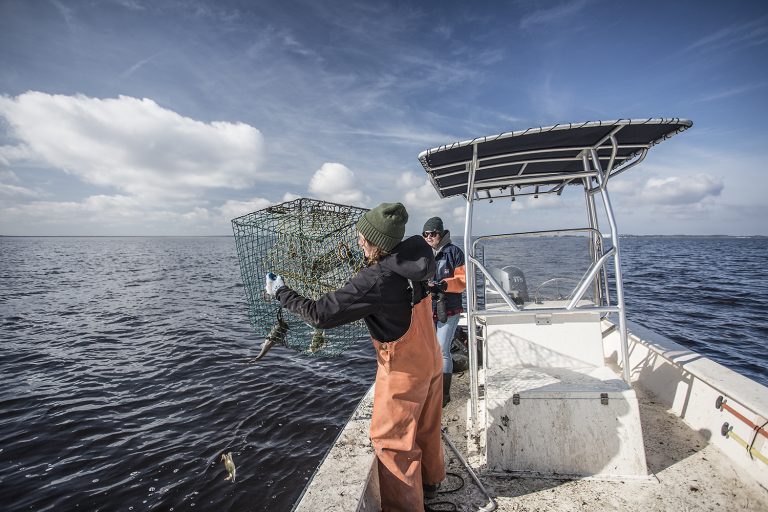UPDATE: Fisheries Councils plan public meeting and webinar on cobia closure
The South Atlantic Fishery Management Council, in conjunction with the Mid-Atlantic Fishery Management Council, will hold a Q-and-A public meeting in Kitty Hawk to address cobia management issues.
Stakeholders can attend in two ways — in person on Monday, May 9, from 6 until 8 p.m. at the Hilton Garden Inn Outer Banks/Kitty Hawk at 5353 N. Virginia Dare Trail in Kitty Hawk or they can listen in via a webinar.
Registration for the webinar is required and is available by clicking the link listed below. On the day of the meeting, tune in to the webinar 30 minutes prior to the start to test your audio settings with the help of council staff.
Webinar registration: https://attendee.gotowebinar.com/register/2733536913517393923.
The recreational fishery for Atlantic migratory group cobia is scheduled to close on June 20. The closure applies to those fishing for cobia recreationally in federal waters from Georgia to New York from a private vessel, charter vessel, or headboat.
The closure is the result of accountability measures required by federal regulations to protect the cobia resource and prevent overfishing. The 2015 recreational catch was 1,540,775 pounds, 123 percent over the recreational Annual Catch Limit (ACL) of 690,000 pounds.
The scheduled recreational closure has caused concerns from fishermen, particularly those from North Carolina and Virginia, where the closure will have negative economic and social impacts due to the seasonality of the fishery. As a result, the South Atlantic Council, in conjunction with the Mid-Atlantic Fishery Management Council, will host a Cobia Q-and-A Public Meeting to provide information and help address questions and concerns.
Council staff will give a presentation that includes:
Council staff and area Council members will be available to answer questions following the presentation.
Public comments are invited and must be received in the Council office by 5 p.m. on May 20, 2016. Comments may be submitted by mail, email, or fax. See the details outlined below:











